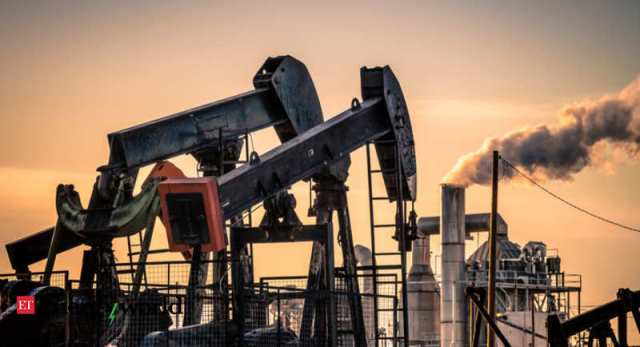The Kuwait Governor of the Organization of Petroleum Exporting Countries, OPEC, Nawal Al-Fuzaia, has stated that there are strong indications that a meeting of oil-producing countries on April 17 will yield an agreement of output freeze.
Al-Fuzaia in her speech at the country’s oil ministry also said that she expected the oil market to achieve a balance between supply and demand in the second half of this year, leading to higher average prices.
“There are positive indications an agreement will be reached during this meeting, an initial agreement on freezing production,” Reuters quoted Al-Fuzia as saying.
Two other sources familiar with the issue said the initiative remained on track, even though comments by Saudi Arabia’s deputy crown prince in an interview with Bloomberg last week had dampened hopes of an accord.
A preliminary agenda seen by Reuters on Tuesday and sent to invited nations by the meeting’s host Qatar, indicated expectations for a short gathering lasting four hours, including just 30 minutes slated for a debate on approving the deal.
An initial output freeze agreed in February has helped oil prices rise to almost $38 a barrel from a 12-year low close to $27 in January.
Brent crude price is expected to average between $45 and $60 in the second half of 2016 and until 2018, the Kuwaiti governor said.
Al-Fuzaia did not elaborate on what signs pointed to an agreement in Doha, but said producers might agree to freeze their output at February levels, or at an average of January and February levels.












